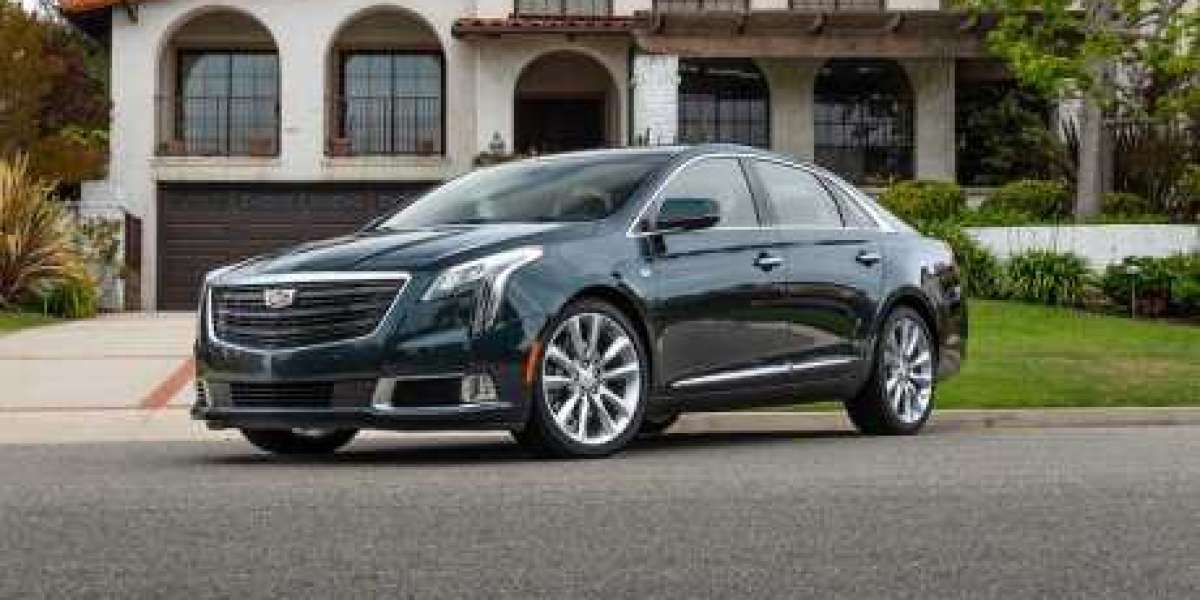The Impact of Li-Ion Battery Technology on the Automotive Industry
The advent of lithium-ion (Li-Ion) battery technology has revolutionised the automotive industry, ushering in an era of electric vehicles (EVs) that promise to reshape our transportation landscape. This article delves into the multifaceted impact of Li-Ion battery technology on the automotive sector, exploring its benefits, challenges, and future prospects.

Enhanced Energy Efficiency and Performance
One of the most significant impacts of Li-Ion battery technology on the automotive industry is the enhancement of energy efficiency and vehicle performance. Li-Ion batteries boast a high energy density, allowing EVs to travel longer distances on a single charge compared to traditional lead-acid batteries. This improvement in range has made electric vehicles more viable for everyday use, reducing range anxiety among consumers.
Moreover, Li-Ion batteries offer superior performance characteristics, including faster acceleration and smoother driving experiences. The ability to deliver high power output instantaneously makes them ideal for modern electric vehicles, which require quick and efficient energy delivery.
Environmental Benefits and Sustainability
The shift towards Li-Ion battery-powered vehicles has significant environmental implications. Unlike internal combustion engine (ICE) vehicles, EVs produce zero tailpipe emissions, contributing to reduced air pollution and greenhouse gas emissions. This transition is crucial in the global effort to combat climate change and achieve sustainability goals.
Additionally, advancements in Li-Ion battery recycling and second-life applications are enhancing the sustainability of this technology. Recycled batteries can be repurposed for energy storage systems, reducing the environmental footprint of battery production and disposal.
Challenges and Limitations
Despite the numerous advantages, the widespread adoption of Li-Ion battery technology in the automotive industry is not without challenges. One of the primary concerns is the sourcing of raw materials, such as lithium, cobalt, and nickel. The extraction and processing of these materials can have significant environmental and social impacts, raising ethical and sustainability concerns.
Furthermore, the high cost of Li-Ion batteries remains a barrier to the affordability of electric vehicles. While prices have been decreasing over the years, further cost reductions are necessary to make EVs accessible to a broader audience. Additionally, the development of a robust charging infrastructure is essential to support the growing number of electric vehicles on the road.
Future Prospects and Innovations
The future of Li-Ion battery technology in the automotive industry looks promising, with ongoing research and development aimed at addressing current limitations. Innovations such as solid-state batteries, which offer higher energy densities and improved safety, are on the horizon. These advancements could further enhance the performance and affordability of electric vehicles.
Moreover, the integration of smart grid technology and vehicle-to-grid (V2G) systems holds the potential to revolutionise energy management. EVs equipped with Li-Ion batteries can serve as mobile energy storage units, providing electricity back to the grid during peak demand periods and enhancing grid stability.
Conclusion
In conclusion, the impact of li-ion battery technology on the automotive industry is profound and far-reaching. From enhancing vehicle performance and energy efficiency to contributing to environmental sustainability, Li-Ion batteries are at the forefront of the electric vehicle revolution. While challenges remain, ongoing innovations and advancements promise to overcome these hurdles, paving the way for a cleaner, more sustainable future in transportation.












